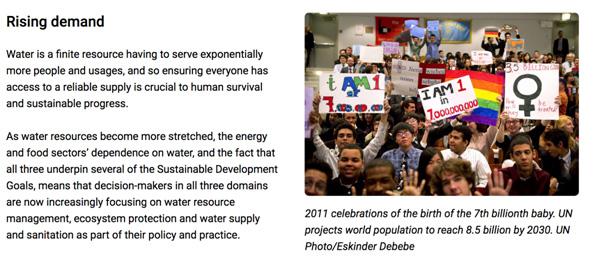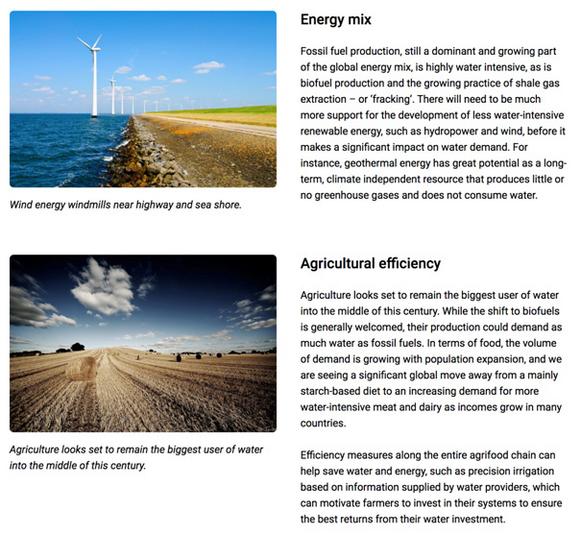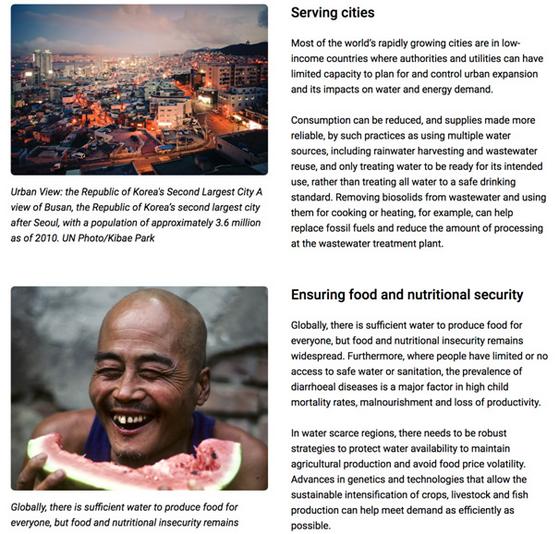
Sustainability Trade Zones
Oxygene Global work in partnership with the Palantir Group, a UK advisory group who develop sustainable trade zone strategies and implement them in conjunction with Private and Public Partnership arrangements.
The Palantir Group works across sectors to provide the frameworks and platforms to deliver sustainable projects that are interlinked across the globe via their Whole World Zone platform.
https://www.palantirgroup.org/
Palantir’s sister company the One Asia Group provides regional support across South East Asia.https://one-asia.com/



Why Sustainability?
At the current rate of growth, the world’s population is expected to reach over 8 billion people by 2030 and over 9 billion people by 2050 according to the United Nations. Improvement in yield and nutritional quality of crops, livestock and aquaculture is therefore essential. The world is running out of clean, fresh water to feed—and nourish—a growing global population, ensure sustainable development, and maintain the health of our planet. There is not enough water—as currently managed—to adequately sustain the world’s population and end hunger and malnutrition. Therefore, better water management is crucial to global food and nutrition security.
The United Nations UN-Water division has highlighted the inexorable link between water-food and energy, which is central to sustainable development. Demand for all three is increasing, driven by a rising global population, rapid urbanization, changing diets and economic growth. Agriculture is the largest consumer of the world’s freshwater resources, and more than one-quarter of the energy used globally is expended on food production and supply.
The linkages between these critical domains require integrated technological approaches to ensuring water and food security, and sustainable agriculture and energy production worldwide.
Crucially, the growing concern associated with residual pesticides in food products has served to hinder the growth of the agrochemical market. Consequently, there is a strong political, environmental and social drive for the use of organic biofertilisers and biopesticides.
In a joint foreword to the report, the heads of the UN Food and Agriculture Organization (FAO), the International Fund for Agricultural Development (IFAD), the UN Children’s Fund (UNICEF), the World Food Programme (WFP) and the World Health Organization (WHO) call for an integrated approach to counter the adverse effects of climate change on food production systems:
“If we are to achieve a world without hunger and malnutrition in all its forms by 2030, it is imperative that we accelerate and scale up actions to strengthen the resilience and adaptive capacity of food systems and people’s livelihoods in response to climate variability and extremes,” the leaders said.



